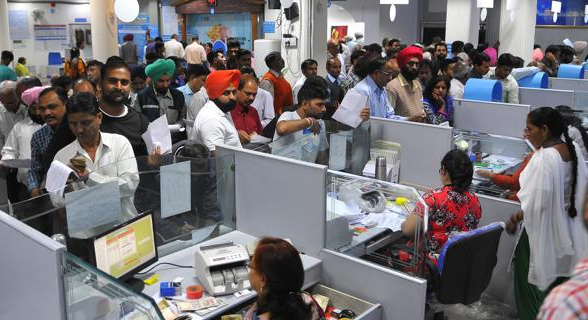The Reserve Bank of India RBI has cancelled the licence of Andhra Pradesh based Uravakonda Co-operative Town Bank.
And, as per the data submitted by the bank, 99.95% of the depositors are entitled to receive the full amount of their deposits from DICGC.
Issuing a press release in this connection, RBI said, “Consequently, the bank ceases to carry on banking business, with effect from the close of business on July 20, 2024”.
“The Commissioner for Cooperation and Registrar of Cooperative Societies, Andhra Pradesh has also been requested to issue an order for winding up the bank and appoint a liquidator for the bank”, RBI said.
The Reserve Bank cancelled the licence of the bank as the bank does not have adequate capital and earning prospects. As such, it does not comply with the provisions of Section 11(1) and Section 22 (3) (d) read with Section 56 of the Banking Regulation Act, 1949.
Besides, the bank has failed to comply with the requirements of Sections 22(3) (a), 22(3) (b), 22(3)(c), 22(3) (d) and 22(3)(e) read with Section 56 of the Banking Regulation Act, 1949.
Additionally, the continuance of the bank is prejudicial to the interests of its depositors and the bank with its present financial position would be unable to pay its present depositors in full and Public interest would be adversely affected if the bank is allowed to carry on its banking business any further.
Consequent to the cancellation of its licence, Uravakonda Co-operative Town Bank Ltd., Uravakonda (Anantapur District), Andhra Pradesh is prohibited from conducting the business of ‘banking’ which includes, among other things, acceptance of deposits and repayment of deposits as defined in Section 5 (b) read with Section 56 of the Banking Regulation Act, 1949 with immediate effect.
On liquidation, every depositor would be entitled to receive deposit insurance claim amount of his/her deposits up to a monetary ceiling of Rs 5,00,000/- (Rupees five lakh only) from Deposit Insurance and Credit Guarantee Corporation (DICGC) subject to the provisions of the DICGC Act, 1961.





















































